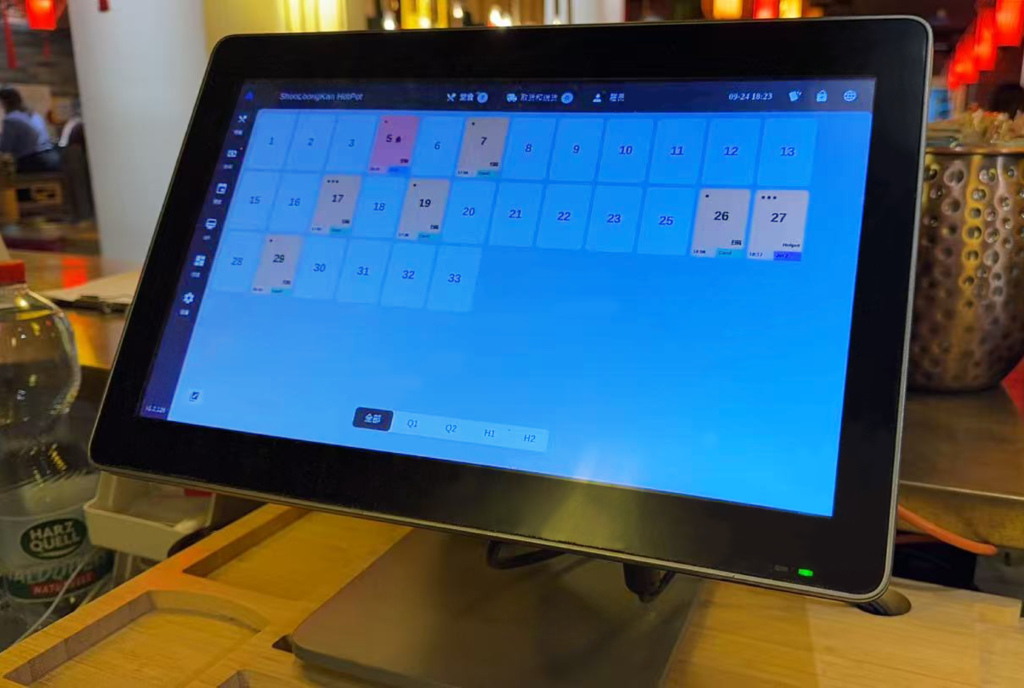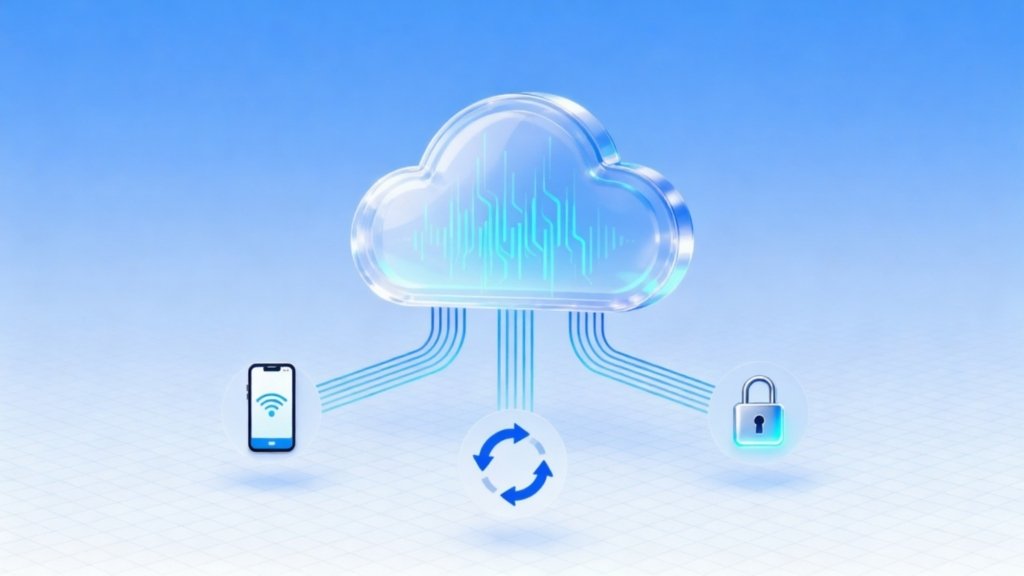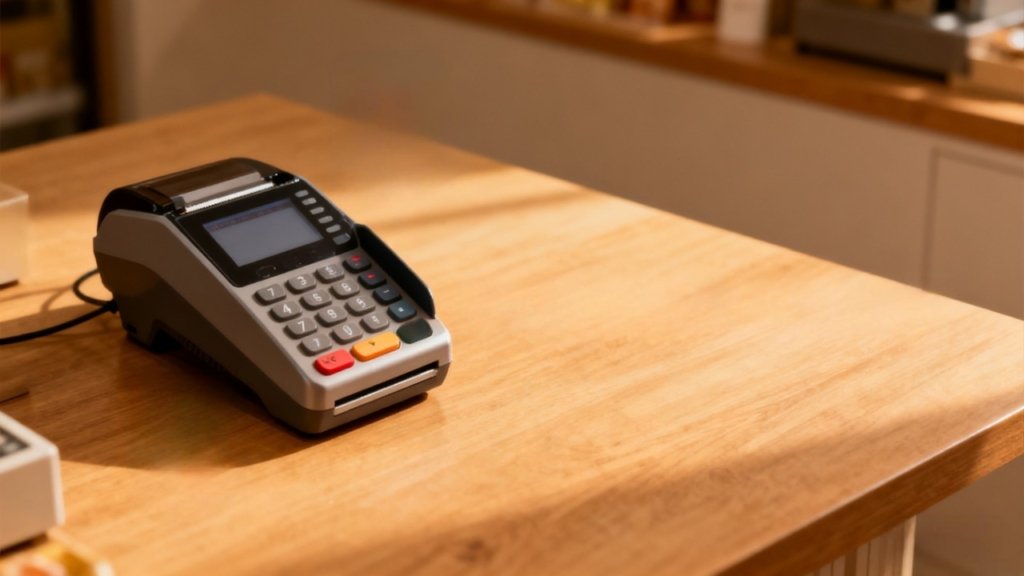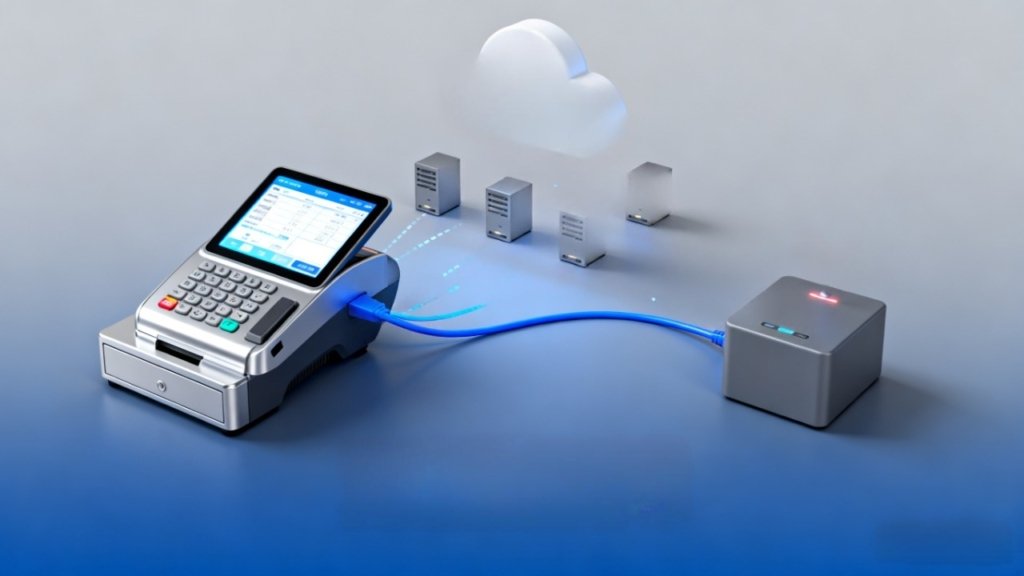
When opening a restaurant in Germany, choosing the right POS system is one of the most important decisions every owner must make. Beyond the basic functions and compliance requirements, the deployment model of the POS system is also crucial:
Cloud-based POS systems
Local POS systems
Many restaurant owners often wonder: Which one is better for my business? This article compares the pros and cons of both options to help you find the best fit.
1. Cloud POS Systems
Advantages:
Access anytime, anywhere: As long as you have internet access, you can monitor sales and reports on your computer or smartphone.
Automatic updates: Functions and compliance features (e.g., TSE updates) stay up to date automatically.
Scalability: Ideal for restaurant chains or owners planning to expand.
Data security: Data is stored in the cloud, safe from hardware damage or local device loss.
Disadvantages:
Internet-dependent, which may affect performance if the connection is unstable.
Subscription costs (SaaS model) may add up to more than a one-time purchase.

2. Local POS Systems
Advantages:
Works without internet: Operations continue even during network outages.
One-time purchase: Typically requires no long-term subscription, making it cost-efficient in the long run.
Fast response: All data is processed locally, ensuring quick performance.
Disadvantages:
Data backup is the restaurant’s responsibility; loss can be costly.
Software updates must be installed manually, which can delay compliance.
Limited scalability, less suitable for multi-branch businesses.

3. Which POS System Fits Your Restaurant?
Cloud POS is better suited for restaurants that:
Operate multiple locations
Want remote access to real-time business data
Prioritize automatic compliance updates and data security
Local POS is better suited for restaurants that:
Run as small, independent establishments
Operate in areas with unstable internet
Prefer a one-time investment with long-term usage
4. A Hybrid Solution: Combining the Best of Both Worlds
In the German market, more and more restaurant owners are choosing hybrid POS systems, because they combine the stability of local POS with the flexibility of cloud POS, while avoiding the downsides of relying on just one model.
What is a Hybrid POS?
A hybrid POS typically consists of local hardware + a cloud backend:
Local mode: Even if the internet goes down, the POS can continue to operate—processing orders, payments, and printing receipts without interruption.
Cloud mode: Once the connection is restored, all data is automatically synchronized to the cloud, ensuring both data security and compliance.
Advantages of a Hybrid POS
Works even when offline
During peak hours, your restaurant won’t be disrupted by unstable Wi-Fi, since the local mode keeps operations running smoothly.
Dual data protection
Data is stored both locally and in the cloud, reducing the risk of data loss from hardware failures or other issues.
Stronger compliance
The system can automatically update with Germany’s latest tax and TSE requirements, helping restaurants avoid costly fines.
Remote management
Owners can check real-time sales data from anywhere, making it easier to manage multiple branches.
Flexible scalability
Whether for a single location or a chain, hybrid POS systems can easily expand with additional features such as loyalty programs, delivery platform integration, or inventory management.
Why Choose a Hybrid POS?
For German restaurant owners, a POS system must ensure:
Stability (smooth daily operations)
Security (compliance and tax safety)
Flexibility (future growth and multi-location management)
A hybrid POS delivers all three, making it one of the most practical and future-ready solutions for today’s restaurant industry.

Conclusion
Both cloud and local POS systems have their strengths and weaknesses. The key is to match your choice with your restaurant’s size, internet environment, and operational needs.
👉 If you’re unsure which POS model best suits your business, book a free demo with Aaden-POS to experience a hybrid solution that blends stability with flexibility.

